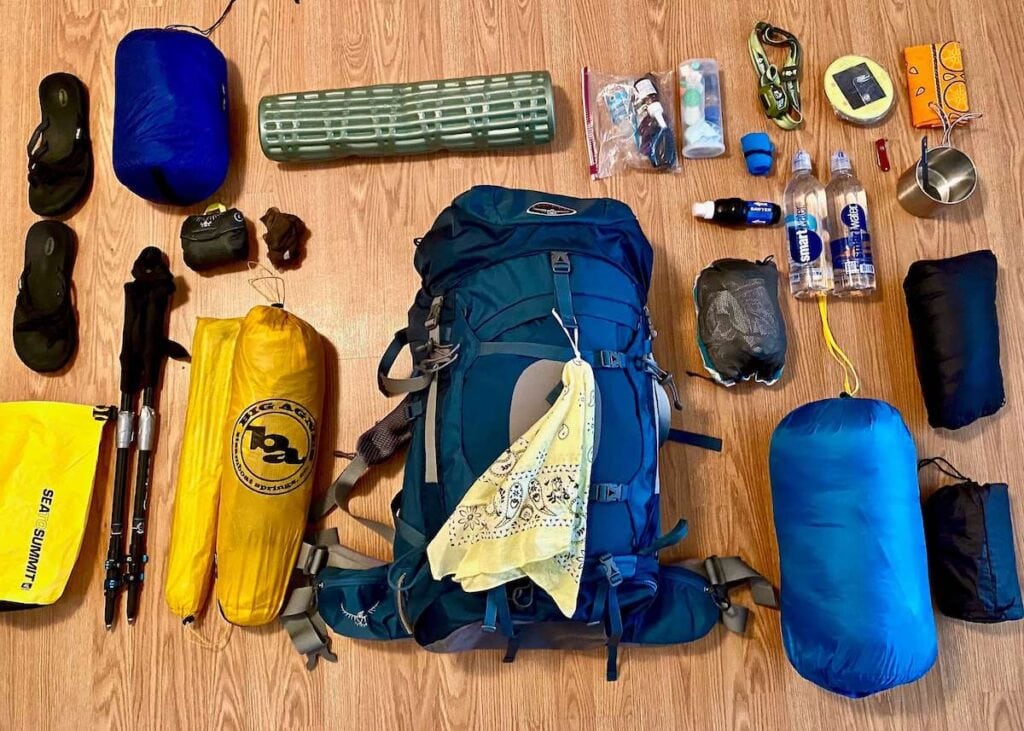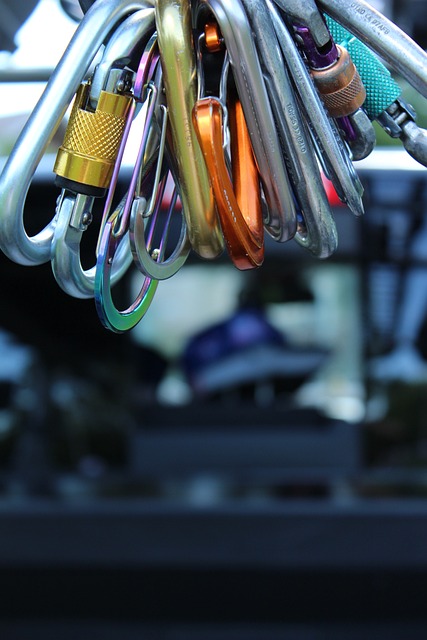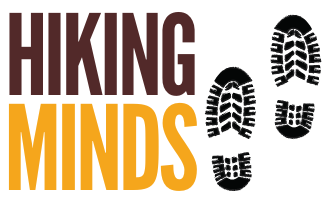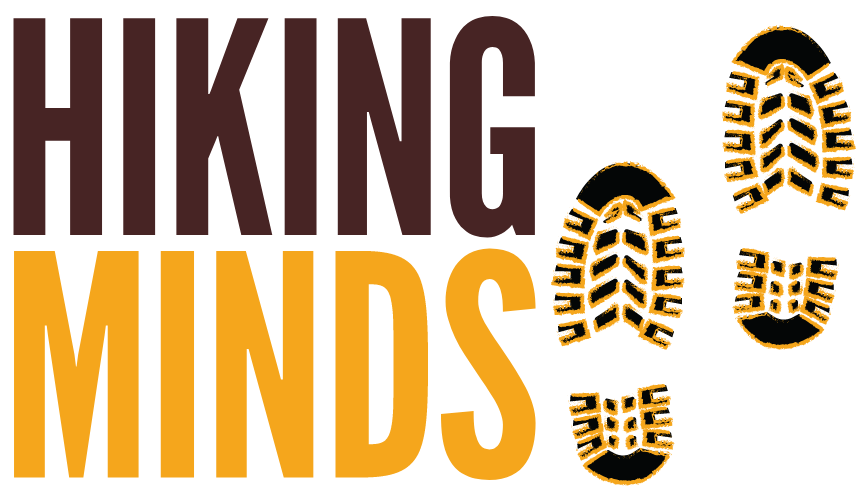Hiking Accessories
Having all the necessary tools and equipment in hand while hiking in the wild provides numerous benefits and enhances the overall hiking experience. Firstly, it ensures preparedness for unexpected situations or emergencies, allowing hikers to effectively handle challenges that may arise. Secondly, having the right tools promotes safety by enabling hikers to navigate, communicate, and address potential hazards effectively. Thirdly, carrying the appropriate gear contributes to comfort and convenience, ensuring hikers have the necessary supplies, protection from the elements, and the ability to stay hydrated and nourished. Lastly, being well-equipped instills confidence and peace of mind, allowing hikers to fully immerse themselves in the beauty of nature and enjoy their outdoor adventure.

Most common hiking accessories
When hiking, there are several common accessories that can enhance your experience and ensure your safety. People passionate about hiking probably don`t need this information, but there are lots of people who just found that hiking can be an amazing physical and mental experience. The most common hiking accessories list include:
- Backpack: A backpack is essential for carrying your gear, food, water, and other essentials. Look for a comfortable and durable backpack with proper support and compartments for organizing your items.
- Trekking Poles: Trekking poles provide stability, reduce strain on your joints, and help with balance, especially on uneven or steep terrain.
- Headlamp or Flashlight: A headlamp or flashlight is crucial for hiking in low-light conditions, such as early morning or evening hikes. It ensures visibility and safety.
- Navigation Tools: Carry a map, compass, and/or a GPS device to navigate your route effectively and prevent getting lost. Familiarize yourself with their use before your hike.
- First Aid Kit: A well-stocked first aid kit is essential for treating minor injuries and addressing medical emergencies. It should include items such as adhesive bandages, sterile gauze, antiseptic wipes, pain relievers, and any necessary personal medications.
- Sun Protection: Protect yourself from the sun’s harmful rays with sunscreen, sunglasses, and a wide-brimmed hat. Consider wearing UV-protective clothing for added protection.
- Hydration System: Carry a water reservoir, water bottles, or a hydration bladder to stay hydrated during your hike. Ensure you have enough capacity to meet your water needs.
- Snacks and Meals: Pack energy-rich snacks, meals, and trail mix to fuel your body during the hike. Choose lightweight, nutritious options that provide sustained energy.
- Multi-Tool or Knife: A multi-tool or knife can come in handy for various tasks, such as cutting ropes, opening packages, or repairing gear.
- Whistle and Signal Mirror: Carry a whistle to attract attention in case of emergencies, and a signal mirror to communicate with search and rescue teams if needed.
- Extra Clothing Layers: Pack extra clothing layers, including a lightweight, waterproof jacket and a warm insulating layer, to adapt to changing weather conditions.
- Insect Repellent: Depending on the location and season, insects can be a nuisance while hiking. Carry insect repellent to protect yourself from bites.
Remember to tailor your accessories based on the specific requirements of your hike, the environment, and the expected conditions. Always prioritize safety and be prepared for unforeseen situations. Also, do not forget that when you travel by foot you must travel light, so select your hiking gear wisely.

Top 5 unusual hiking accessories
While the basic hiking accessories are essential, there are a few unusual ones that can come in handy in specific situations. Here are five unusual hiking accessories you might need:
-
Gaiters: Gaiters are protective coverings worn over your boots and lower legs. They provide additional protection against water, mud, snow, and debris, keeping your feet and lower legs dry and clean.
-
Portable Water Filter: If you’re hiking in an area with limited water sources or questionable water quality, a portable water filter can be a valuable accessory. It allows you to purify water from streams, rivers, or lakes, ensuring you have a safe and reliable water supply.
-
Trekking Umbrella: While it may seem unconventional, a trekking umbrella can be useful in hot and sunny conditions or during light rain. It provides shade, protects you from harmful UV rays, and offers a portable shelter without the need for a full rain jacket.
-
Microspikes or Crampons: In icy or snowy conditions, microspikes or crampons can provide much-needed traction on slippery surfaces. They have metal spikes or teeth that grip into the ice or packed snow, reducing the risk of slipping and improving stability.
-
Portable Power Bank or Solar Charger: If you rely on electronic devices like smartphones, GPS devices, or cameras while hiking, a portable power bank or solar charger can be a lifesaver. It allows you to recharge your devices when you’re away from power sources, ensuring you stay connected and capturing those memorable moments.
While these accessories may not be necessary for every hike, they can be beneficial in specific circumstances or environments. It’s important to assess the conditions of your hike and determine if any of these unusual accessories would enhance your experience or provide added safety and convenience.
Trails
Nature
Forest
Mountain
Coastal
Urban
''The journey of a thousand miles begins with a single step.''

